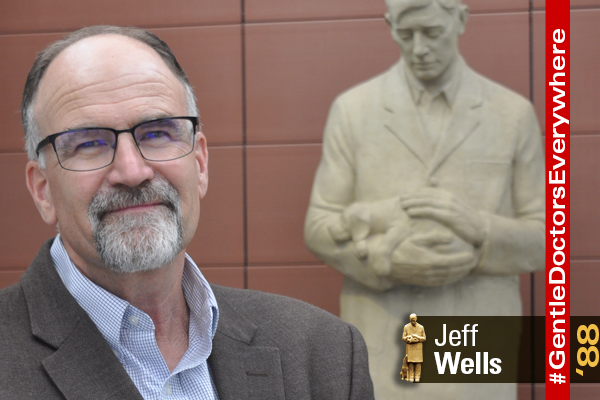
Over the course of Earth’s existence, volcanic eruptions, fluctuations in solar radiation, tectonic shifts, and even small changes in our orbit have all had observable effects on planetary warming and cooling patterns.īut climate records are able to show that today’s global warming-particularly what has occured since the start of the industrial revolution-is happening much, much faster than ever before. Some amount of climate change can be attributed to natural phenomena. Here’s a rough breakdown of the factors that are driving climate change. But by harnessing that same ability to innovate and attaching it to a renewed sense of shared responsibility, we can find ways to cool the planet down, fight climate change, and chart a course toward a more just, equitable, and sustainable future. Human civilization has made extraordinary productivity leaps, some of which have led to our currently overheated planet. And we must honestly address its origins-even though it can sometimes be difficult, or even uncomfortable, to do so. It’s about defining the problem so that we can arrive at effective solutions.

Taken together, these miserable and sometimes deadly effects are what have come to be known as climate change.ĭetailing and discussing the human causes of climate change isn’t about shaming people, or trying to make them feel guilty for their choices.

This global warming has, in turn, dramatically altered natural cycles and weather patterns, with impacts that include extreme heat, protracted drought, increased flooding, more intense storms, and rising sea levels. The result? A planet that’s warmer right now than at any other point in human history, and getting ever warmer. On the one hand, we have the greenhouse effect to thank for the presence of life on earth without it, our planet would be cold and unlivable.īut beginning in the mid- to late-19th century, human activity began pushing the greenhouse effect to new levels. Coston comes off as caring and compassionate.Andrew Innerarity/California Department of Water ResourcesĪt the root of climate change is the phenomenon known as the greenhouse effect, the term scientists use to describe the way that certain atmospheric gases “trap” heat that would otherwise radiate upward, from the planet’s surface, into outer space. Coston leavens the somber stories with lighter moments - his first encounter with a sick chinchilla, for example, and his hilarious failure to convince a concerned caller that she isn't killing a baby chick by boiling an egg for supper.
#Jeff wells all my patients have tales series#
Heartbreaking vignettes include the pitch-perfect opening depiction of an elderly man's anguish over putting his dog down, Coston's own grief at the death of his beloved cat and a series of linked chapters about a wealthy man's love for his miniature dachshund. "Virginia veterinarian Coston cobbles together a number of his columns from a local newspaper in this moving account of his practice. J ohn Killinger, author of "The Other Preacher In Lynchburg" and more than 80 other titles This author is going places, and we are going to be reading his books for years to come." I regard Bruce as the next James Herriott so I'm telling all my friends, read him now and get in on the ground floor.

"Like everyone else, I'm a sucker for pet stories.
#Jeff wells all my patients have tales tv#
Art Linkletter, TV personality and author of Kids Say The Darndest Things You have a tender heart, an understanding mind and a mission.You write like a man with a calling – not just a profession.” "Congratulations Bruce!You have written a warm, witty, compelling book that should delight the families who own the almost 140 million dogs and cats in the United States.

Jeff Wells, DVM, Author of All My Patients Have Tales Coston has accomplished what all veterinarians aspire to, a compassionate relationship with both his patients and their humans." "Ask the Animals is a beautifully written memoir that not only explores the daily life of a veterinarian, but also the sacrifices it takes to get there.


 0 kommentar(er)
0 kommentar(er)
